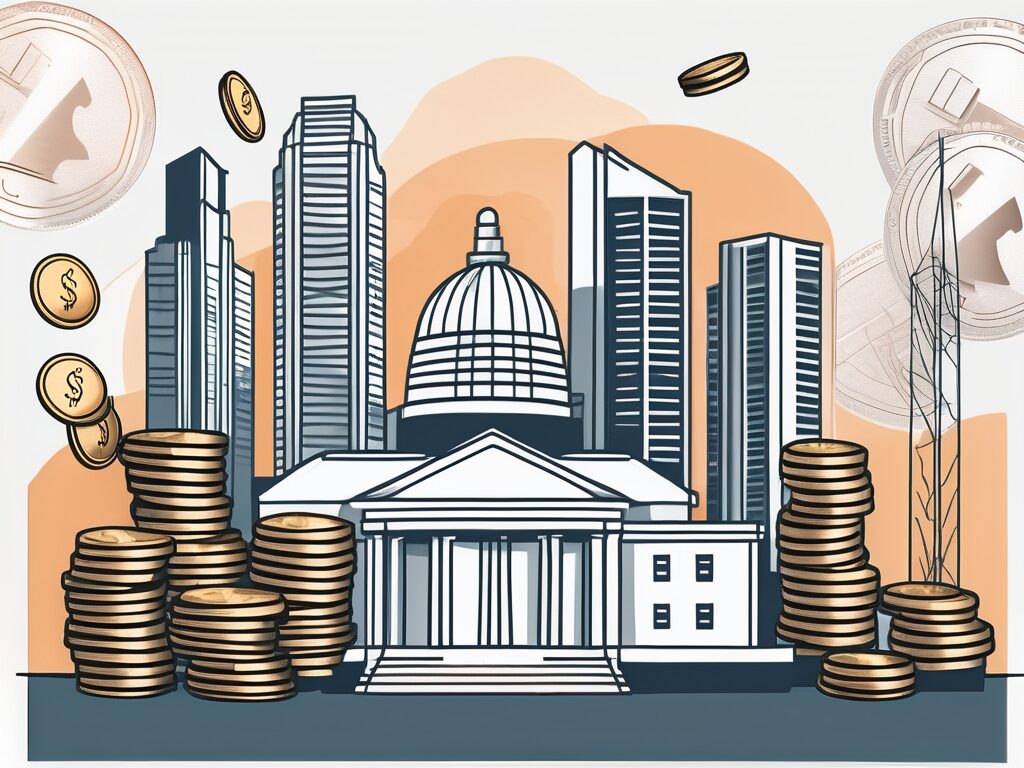html
Key Weaknesses Teachers with a Master’s in Education Face in Singapore
Teaching is a noble profession, and in Singapore, educators are often seen as the backbone of the nation’s future. However, even those with advanced degrees, such as a Master’s in Education, face unique challenges that can hinder their effectiveness and job satisfaction. In this blog post, we will explore the key weaknesses that these teachers encounter, shedding light on the systemic issues, professional hurdles, and personal struggles that can impact their careers. By understanding these challenges, we can work towards solutions that benefit both educators and students alike.
1. Systemic Challenges in the Education Sector
One of the most significant weaknesses faced by teachers with a Master’s in Education in Singapore is the systemic challenges within the education sector. Despite their advanced qualifications, many educators find themselves constrained by rigid curricula and standardized testing requirements. This can stifle creativity and limit the ability to tailor lessons to meet the diverse needs of students.
For instance, teachers may feel pressured to adhere strictly to the syllabus, leaving little room for innovative teaching methods. This not only affects their job satisfaction but can also lead to burnout. According to a study by the Ministry of Education, nearly 40% of teachers reported feeling overwhelmed by administrative tasks, which detracts from their primary role of teaching.
2. Limited Opportunities for Professional Development
Another key weakness is the limited opportunities for ongoing professional development. While obtaining a Master’s in Education is a significant achievement, the learning should not stop there. Many teachers express frustration over the lack of accessible and relevant professional development programs that align with their advanced qualifications.
For example, workshops and training sessions often focus on basic teaching strategies rather than advanced pedagogical techniques. This can leave teachers feeling stagnant in their professional growth. A survey conducted by the Singapore Teachers’ Union revealed that 65% of educators with a Master’s degree felt that their professional development needs were not being adequately met.
3. Work-Life Balance Struggles
Teachers with a Master’s in Education often struggle to maintain a healthy work-life balance. The demands of the job can be overwhelming, with long hours spent on lesson planning, grading, and administrative duties. This can lead to stress and burnout, which are detrimental not only to the teachers themselves but also to their students.
According to a report by the World Health Organization, educators are at a higher risk of experiencing mental health issues due to the pressures of their profession. Many teachers find it challenging to disconnect from work, leading to a cycle of stress that can affect their personal lives and overall well-being.
4. Navigating Bureaucratic Obstacles
Bureaucratic obstacles can also pose significant challenges for teachers in Singapore. Those with a Master’s in Education may find themselves navigating complex administrative processes that can hinder their ability to implement effective teaching strategies. This can be particularly frustrating for educators who are eager to make a positive impact in their classrooms.
For instance, obtaining approval for new teaching initiatives or resources can be a lengthy process, often requiring multiple layers of approval. This can lead to a sense of helplessness among teachers, who may feel that their expertise is undervalued. A study by the National Institute of Education found that 70% of teachers reported feeling frustrated by bureaucratic red tape.
5. The Pressure of High Expectations
In Singapore, there is a strong emphasis on academic excellence, which can create immense pressure for teachers. Those with a Master’s in Education may feel the weight of high expectations from parents, school administrators, and the education system as a whole. This pressure can lead to anxiety and a fear of failure, which can ultimately affect their teaching performance.
For example, teachers may feel compelled to achieve high student performance metrics, which can lead to a narrow focus on test preparation rather than holistic education. This not only impacts their teaching style but can also diminish the overall learning experience for students.
6. Addressing the Weaknesses: Strategies for Improvement
While the challenges faced by teachers with a Master’s in Education in Singapore are significant, there are strategies that can help address these weaknesses. Here are a few actionable insights:
- Advocate for Curriculum Flexibility: Teachers can work together to advocate for more flexible curricula that allow for creativity and innovation in the classroom.
- Seek Professional Development Opportunities: Educators should actively seek out professional development programs that align with their interests and expertise, even if they are not provided by their schools.
- Prioritize Work-Life Balance: Teachers should set boundaries to protect their personal time and seek support from colleagues to manage workload effectively.
- Engage with Administration: Building strong relationships with school administrators can help teachers navigate bureaucratic obstacles more effectively.
- Focus on Holistic Education: Emphasizing the importance of a well-rounded education can help alleviate the pressure of high expectations.
Conclusion
Teachers with a Master’s in Education in Singapore face a myriad of challenges that can impact their effectiveness and job satisfaction. By understanding these key weaknesses—systemic challenges, limited professional development, work-life balance struggles, bureaucratic obstacles, and high expectations—we can begin to address these issues and create a more supportive environment for educators. It is essential for stakeholders in the education sector to collaborate and implement solutions that empower teachers to thrive.
If you are a teacher looking to share your experiences or seeking support, we encourage you to connect with fellow educators and explore resources available in your community. Together, we can work towards a brighter future for both teachers and students.
Call to Action: If you found this article helpful, please share it with your colleagues and join our community for more insights on improving the education landscape in Singapore!

